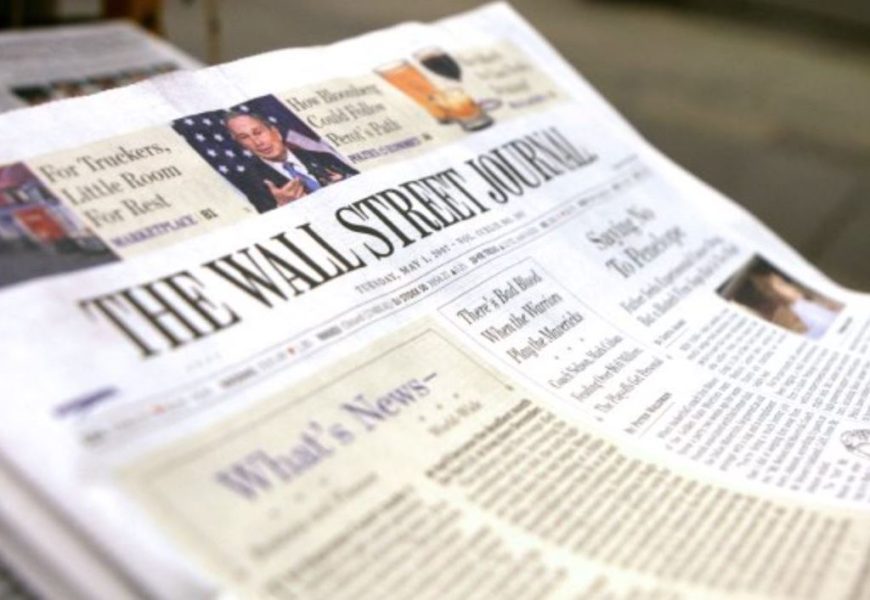So does public media, including PBS, NPR and their local affiliates. As newspapers and television stations across the country fold, public radio and TV stations can be among the few sources of local news in rural areas. During storms and floods, radio can be the sole source of information when electricity goes out. After floods in Kentucky this year, a listener in the city of Hazard who had been without power and cellphone service wrote to her local public radio station to thank it for being her lifeline. At its best, public media is a classic public service – something that provides large benefits and that the private sector often fails to provide.
Unfortunately, President Trump and Republicans in Congress have passed legislation to gut public media. The White House requested, through a process known as rescission, that Congress claw back the $1.1 billion it previously allocated to the Corporation for Public Broadcasting, which funds public media, for two years. The House and Senate approved the cuts this week.
Hundreds of cities and towns, especially those outside major metropolitan areas, will be affected. Nearly one in five NPR member stations could close down without federal funding, one analysis found. Listeners in the Midwest, South and West will be the hardest hit, becoming less informed about their communities. An NPR station in Petersburg, Alaska, which was the subject of a recent episode of the Times podcast “The Daily,” is an example: It and a station run by a local Lutheran church are the only radio stations that residents reliably receive. It gets 30 percent of its funding from the federal government and will have to lay off most of its staff, if not shut down, without the money.
The cut will also hasten the decline of America’s once robust media ecosystem. The number of local journalists has declined by 75 percent since 2002, and a third of American counties don’t have a single full-time local journalist, a study this month found. The United States spends less per person on public media than other wealthy countries, but even that limited funding has helped make public radio a resilient part of local news. To abandon it is to accelerate a dangerous trend straining civic health.
Republicans complain, not always wrongly, that public media reflects left-leaning assumptions and biases. And they can fairly tell NPR and PBS to do a better job of reflecting the citizenry that is subsidizing them. Yet the “national” part of NPR (or National Public Radio, as it used to call itself) that chafes conservatives may well be just fine without federal funds. Only about 2 percent of its budget comes directly from the federal government, and it may have an easier time raising money from its many dedicated listeners if Congress punishes it.






